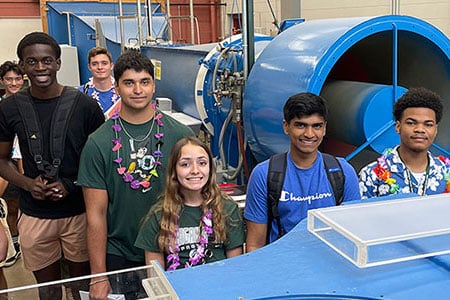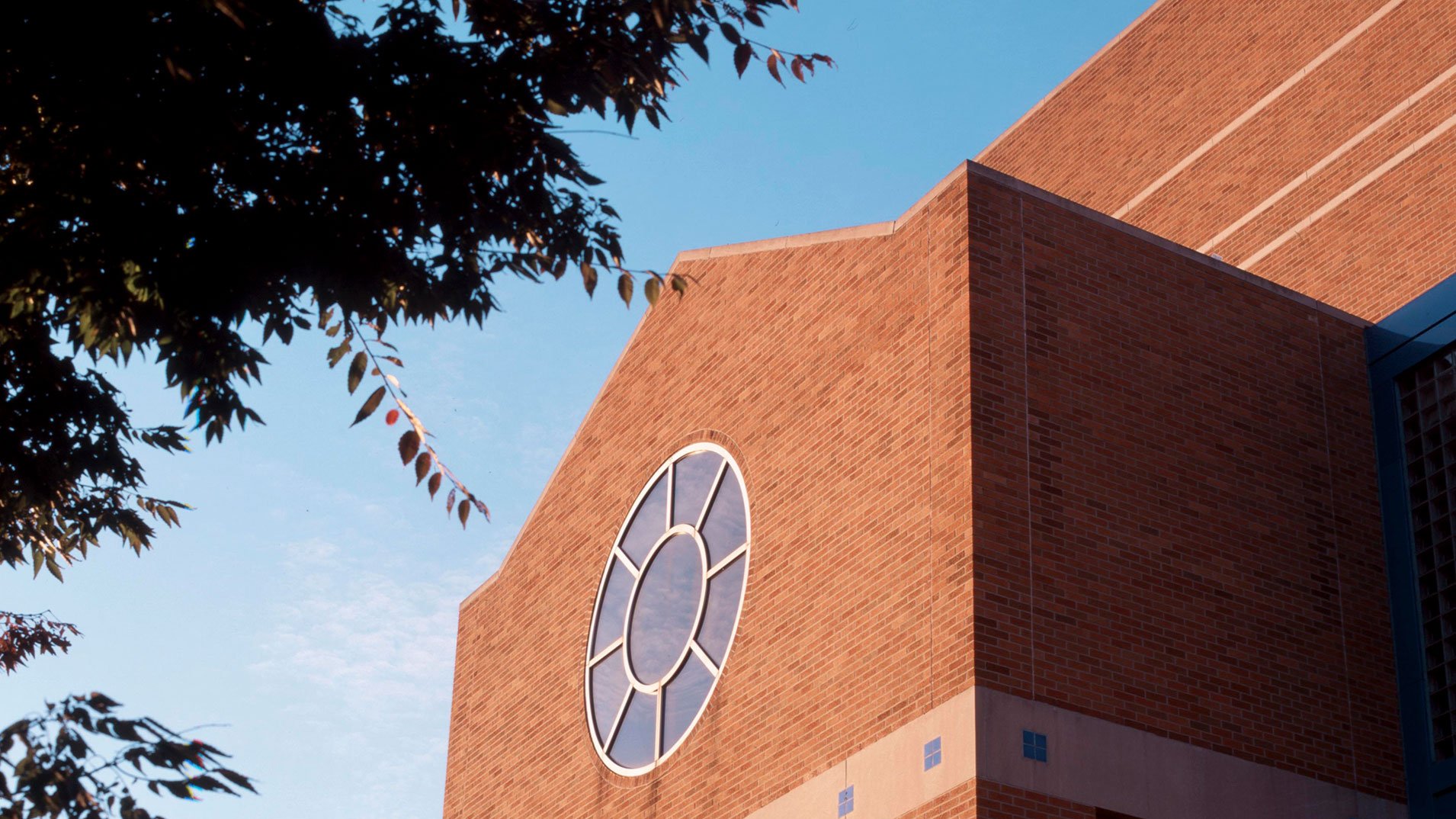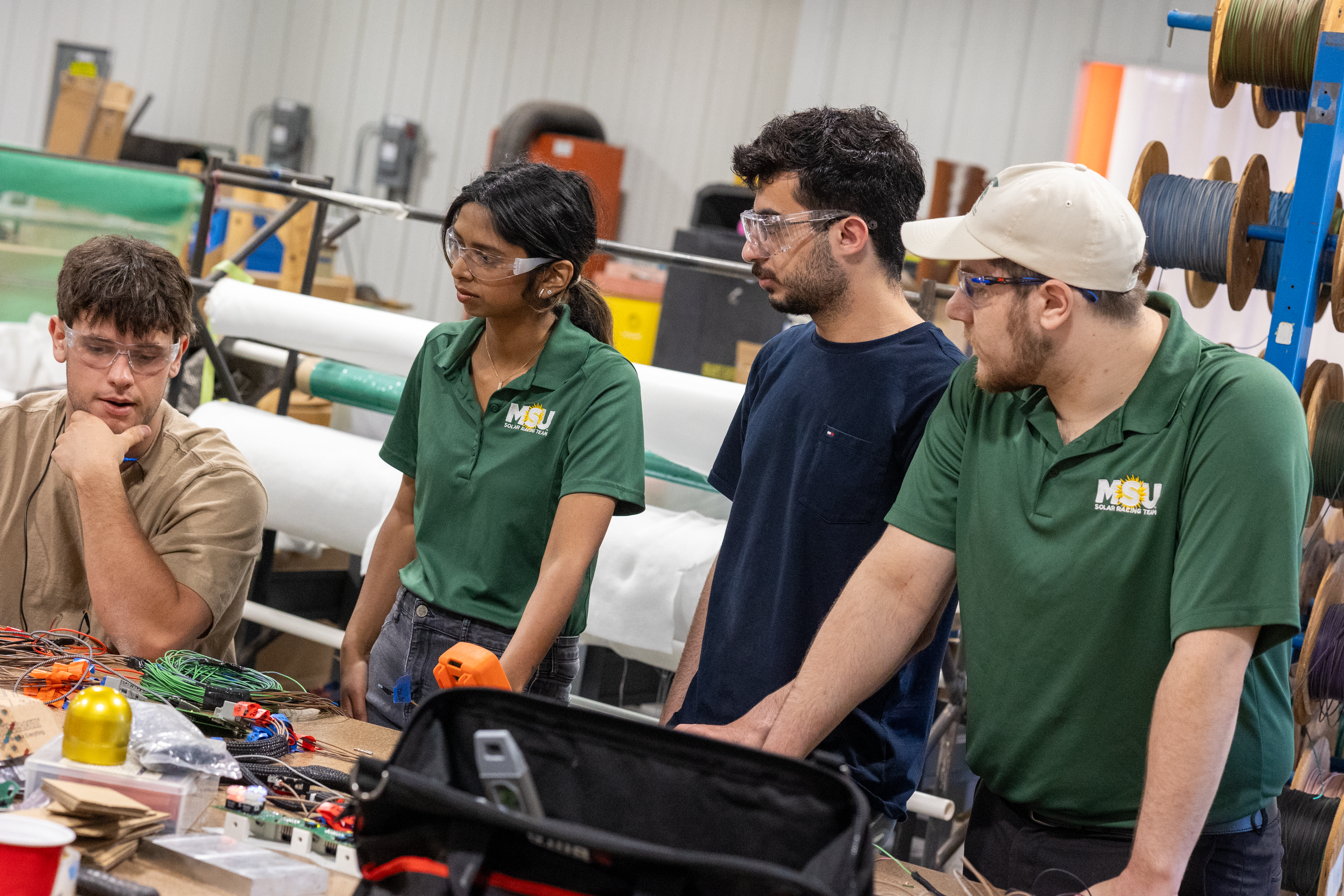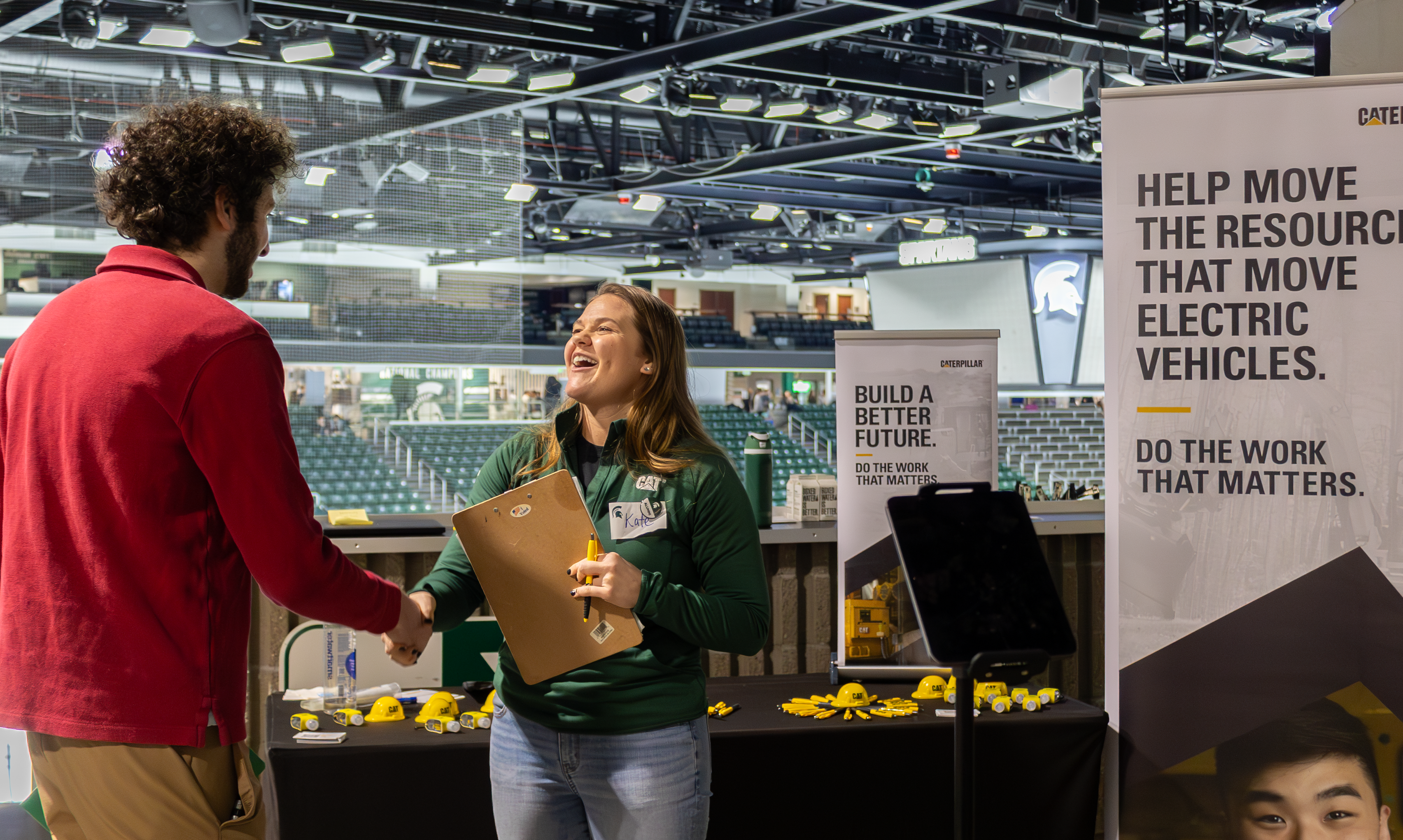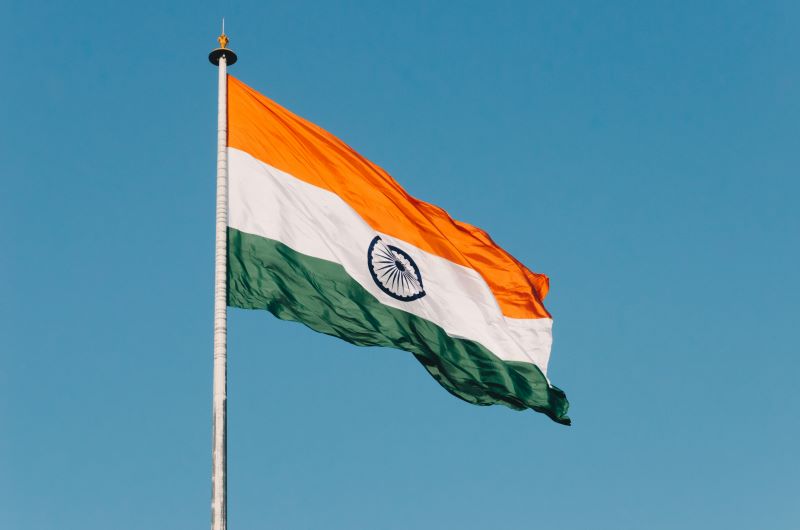A Michigan State University chemical engineer is leading a research effort to determine how India will meet its energy needs by 2050.
Kaustubh Laturkar's work was featured last month in The Economic Times, an Indian English language business-focused daily newspaper.
The Economic Times reports India's energy consumption is expected to nearly double by 2050.
Laturkar works at MSU's Facility for Rare Isotope Beams and told the newspaper very small nuclear modular reactors (vSMRs) could create clean energy-based solutions.
"In the future, with their advanced engineering design and inherent safety, these self-contained modular units encompassing the reactor and all associated safety systems can serve as reliable and low-carbon energy sources in the energy industry," Laturkar said.
Related links:
- Kaustubh Laturkar's AIChe profile
- MSU professor talks milestone in nuclear fusion energy
- FRIB awarded $115M for High Rigidity Spectrometer project
The challenge, according to Laturkar, is determining how the vSMRs will fit into India's nuclear energy generation strategy. Laturkar added testing all safety systems associated with the vSMRs takes years of research and development.
The Economic Times reports there are a variety of vSMRs in different stages of conceptualization design and prototype construction, but none have been commercialized yet.
For more information, visit the Times' website. Laturkar's research is also featured in the Times of India.
The Times of India mentions Laturkar's belief that a smart nuclear energy policy can enable India to reach net zero energy levels by 2070 and achieve a carbon-neutral future with the right support and assistance.
Laturkar's research was also featured by the American Institute of Chemical Engineers in 2022.
Written by Eric Lacy, lacyeric@msu.edu. See more at the Engineering Media and Public Relations page.
